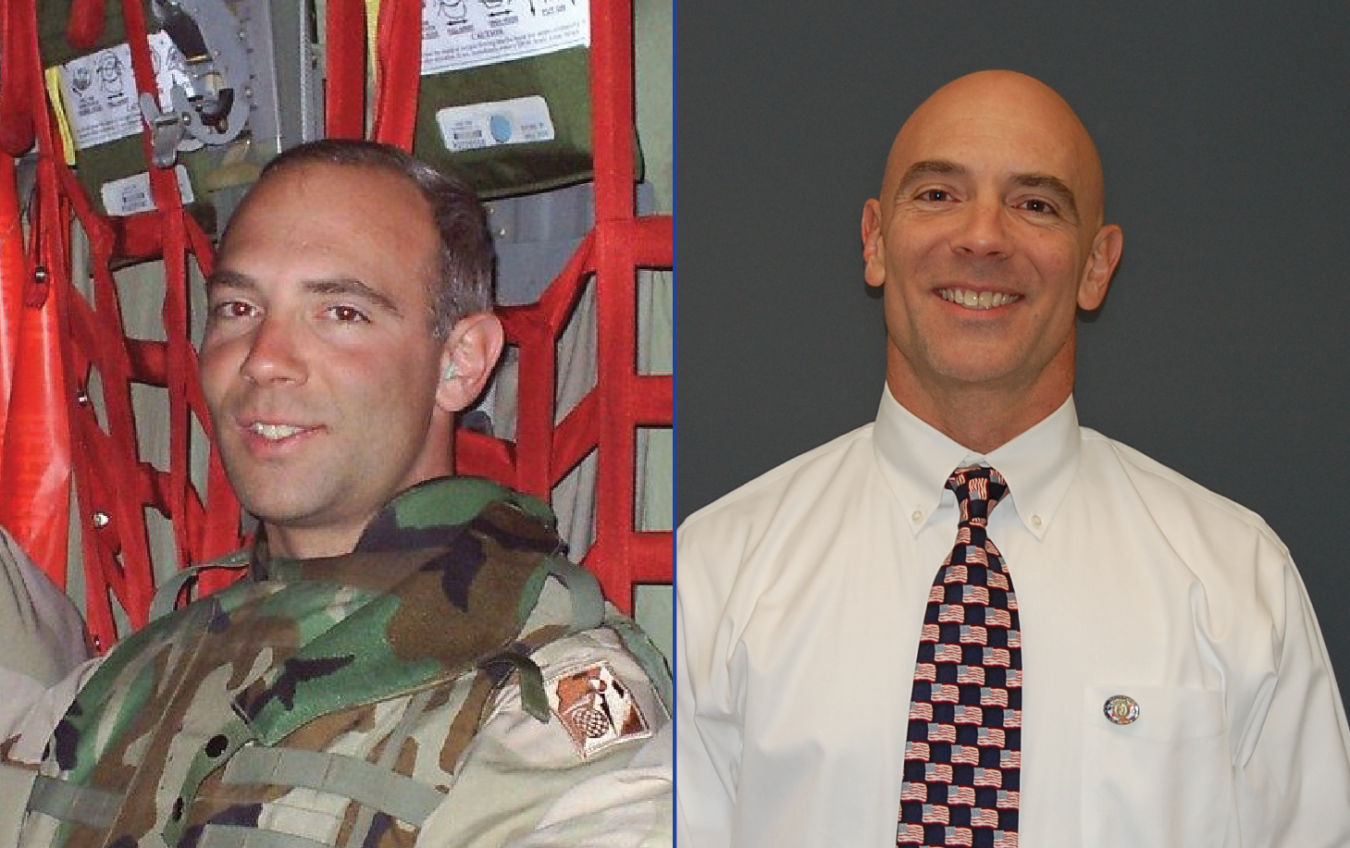Paul A. Kerl, P.E.: Reserves Land Management, Fossil Energy, Petroleum Reserves
November 30, 2018
Service Branch: Army
Years of Service: 23 years total between the Army & DOD
Would you like to share any details of your military history, awards you may have received or other accomplishments?
My military career started while I was a competitive shooter at Alden High School, a small town in upstate New York. I was shooting in the “rattle battle,” a high power event at national matches at Camp Perry, Ohio when I made contact with both the Army Marksmanship Unit as well as the West Point Rifle Team coach and was actively recruited. I enjoyed the teamwork, focus and competitive nature of the sport so much, I thought maybe I’d end up being a sniper for the Army. As it turns out, I was in the first class at the Academy that wouldn’t allow cadets to go to sniper school anymore because it wasn’t a specialty I’d be doing! Instead, I spent 23 years in an engineering capacity spearheading multi-disciplinary, full-life cycle, and public works requirements at the staff, senior staff, project, program, and headquarters levels at duty stations including New York, Colorado, Hawaii, Louisiana, Georgia, Arizona, Iraq, Virginia, and Korea before coming to DOE in January of 2017.
Please take a moment to reflect on your thoughts when considering your service uniform. What does your service uniform represent to you?
There is no greater honor than to represent and defend the country you love. There are so many ways to contribute to the society we live in, but swearing under oath to support and defend the Constitution of the United States, alongside your fellow Americans, continues a long line of commitment and dedication of those who came before us in protecting the freedoms we all share. The Army’s “This We’ll Defend” motto perfectly embodies what wearing the uniform means to me.
Teamwork is essential across many contexts in life. Please share how your service in the military cultivated an appreciation for the value of teamwork. Do you draw from these experiences, or what similarities exist, when working within teams at the DOE?
From day one the military teaches and demonstrates that you need your teammates to accomplish the mission and they need you. Everyone has an individual responsibility and collective role in the mission and no one can be left behind. Everyone must be compassionate and take care of each other. Regardless of what challenges, obstacles, and changes present themselves, the courage and ability of the team to adapt, persevere, and accomplish the mission are paramount. Training is essential to enhance and hone knowledge, skills, and abilities, and you must continually strive to enhance all of them throughout your life. After Action Reviews were essential to evaluate what went right, what went wrong, and what can be done to continually improve. Collectively, these leave an indelible mark and become a way of life for everything you encounter both professionally and personally, and everywhere you look, all of these are clearly in use every day here at the DOE.
Military service can have a profound and lasting impact on those who serve. Your perspective is unique in having seen both the military and the civilian sides of service. What story could you share of service before self?
Perhaps the largest sacrifice I made in my life turned out to be one of the most rewarding. I was working with the LA District of the Army Corps of Engineers in 2004. At the time the Corps was continually canvassing for support to the Gulf Region Division in Iraq. I volunteered out of a sense of duty to help for the greater need of the Corps. With great support from family, co-workers, and Command, I was assigned as the water and sanitation manager to the USAID Project Office, managing country-wide reconstruction projects. Some of the work seemed nearly impossible, such as installing new sewage lines in Sadr City, a particularly dangerous slum near Baghdad, or rehabilitating water plants that Saddam Hussein was using to store diesel fuel. Our project sites and Forward Operating Bases were constantly attacked with mortars, rocket propelled grenades, and car bombs. My life was never more at risk. But I know I made a difference. New landfills were engineered and built to get trash off the streets. Water plants were flowing with clean water again. There was a rural water project that drilled water wells in small Iraqi villages for populations that previously had to walk miles each day just to carry jugs of water home. I even worked directly with the Ministers of Public Works and Water on all of these efforts, and they told me firsthand they were very appreciative of all of the work done to help improve their infrastructure and people’s quality of life. I am thankful not only to have survived, but to be part of the success story, despite the extreme adversity.
What inspired your interest the agency, and how did your prior service prepare you to join the DOE’s workforce?
Throughout my life I’ve constantly read and learned about and from the DOE. Whether it was hearing about the Strategic Petroleum Reserve in the news, countless cutting edge research developed by the National Labs and featured in periodicals, the solar decathlon, energy modeling software, alternative energy news, the Science Bowl, or even local projects (I grew up between the West Valley and Tonawanda sites), the breadth and impact of DOE is staggering and exciting! My last DOD assignment was with the US Air Force in Korea as their Energy Manager where we were working on meeting the requirements of the Energy Independence and Security Act, enhancing energy resiliency and security, developing energy savings performance contracts as well as ensuring mission readiness off the grid. It was the perfect transition and segway into the US Department of Energy. I am very grateful and proud to be part of the DOE team!


